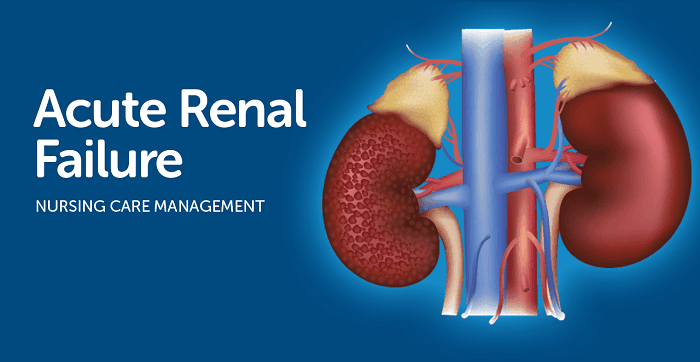Your lower back has a pair of organs called kidneys. Your spine has one kidney on each side. Kidneys filter your blood and cleanse your body of toxins. When you urinate, these toxins are expelled via your bladder. In some instances, kidneys cannot sufficiently filter the waste from your blood. These are the conditions where renal failure sets in.
Many factors can affect the health and functioning of your kidneys. Apart from some acute and chronic disorders, other factors are:
- Profound dehydration
- Renal injury
- Hazardous exposure to contaminants in the environment or specific drugs
- Kidney’s inadequate blood flow
Your body accumulates too many toxins if your kidneys cannot work correctly. And when left untreated, this may result in renal failure, which might be fatal.

Renal Failure types
There are five different kinds of renal failures. You may develop acute renal failure when your kidneys abruptly stop functioning normally. If the condition continues for a long time, chronic renal failure develops.
Five forms of Renal failure are:
Acute prerenal kidney failure – Kidney failure that is acute and prerenal can be due to inadequate blood flow to the kidneys. Without enough blood flow, the kidneys cannot remove toxins from the blood. We can treat this kind of kidney failure when the reason for the decreased blood flow is identified,
Acute intrinsic kidney failure – There are instances like physical collisions and events that cause kidney injury. These events might result in acute intrinsic renal failure. The other causes include overloading the body with toxins and ischaemia (which deprives the kidneys of oxygen). Ischaemia may be due to severe bleeding, shock, obstruction of the renal blood vessel, or glomerulonephritis (an inflammatory disorder that causes the microscopic blood vessels in your kidneys to swell).

Chronic prerenal kidney failure – There are situations when there is insufficient blood supply to the kidneys for a long time. Then the kidneys start to wilt and lose their ability to function. This situation will result in chronic prerenal kidney failure.
Chronic intrinsic kidney failure – This occurs when the kidneys sustain long-term harm from intrinsic renal disease. It occurs when the kidneys are directly harmed by severe bleeding or a lack of oxygen.
Chronic post-renal kidney failure – Persistent urinary tract obstruction troubles normal urination. Thus, the pressure created damages the kidneys.
Signs of renal disease
Kidney failure in its early stages has no apparent signs. According to the CDC (Centers for Disease Control and Prevention), most persons with CKD are unaware of their condition.
When kidney disease worsens, we can see reduced urine production and swelling of the legs, ankles, feet etc.
This fluid retention is brought about by the kidneys’ inability to remove waste and excess water.
- Confusion
- Unexplained shortness of breath
- Excessive drowsiness or fatigue
- Persistent nausea
- Seizures
- Pain or pressure in your chest
- Coma

Renal failure’s early warnings
It could be challenging to identify kidney disease symptoms in its early stages. They are frequently elusive and difficult to spot. You might exhibit any of the following early kidney disease symptoms:
- Reduced urine production
- Shortness of breath, swelling in the limbs brought on by fluid retention
- Shortness of breath
- Renal failure, urine discolouration
The colour of your urine is the mirror of your body’s health. It only provides a little information about the state of your renal function once the kidney damage has advanced.
However, variations in urine colour may be a symptom of some problems. Visit our ayurvedic kidney failure care hospital for best results.

